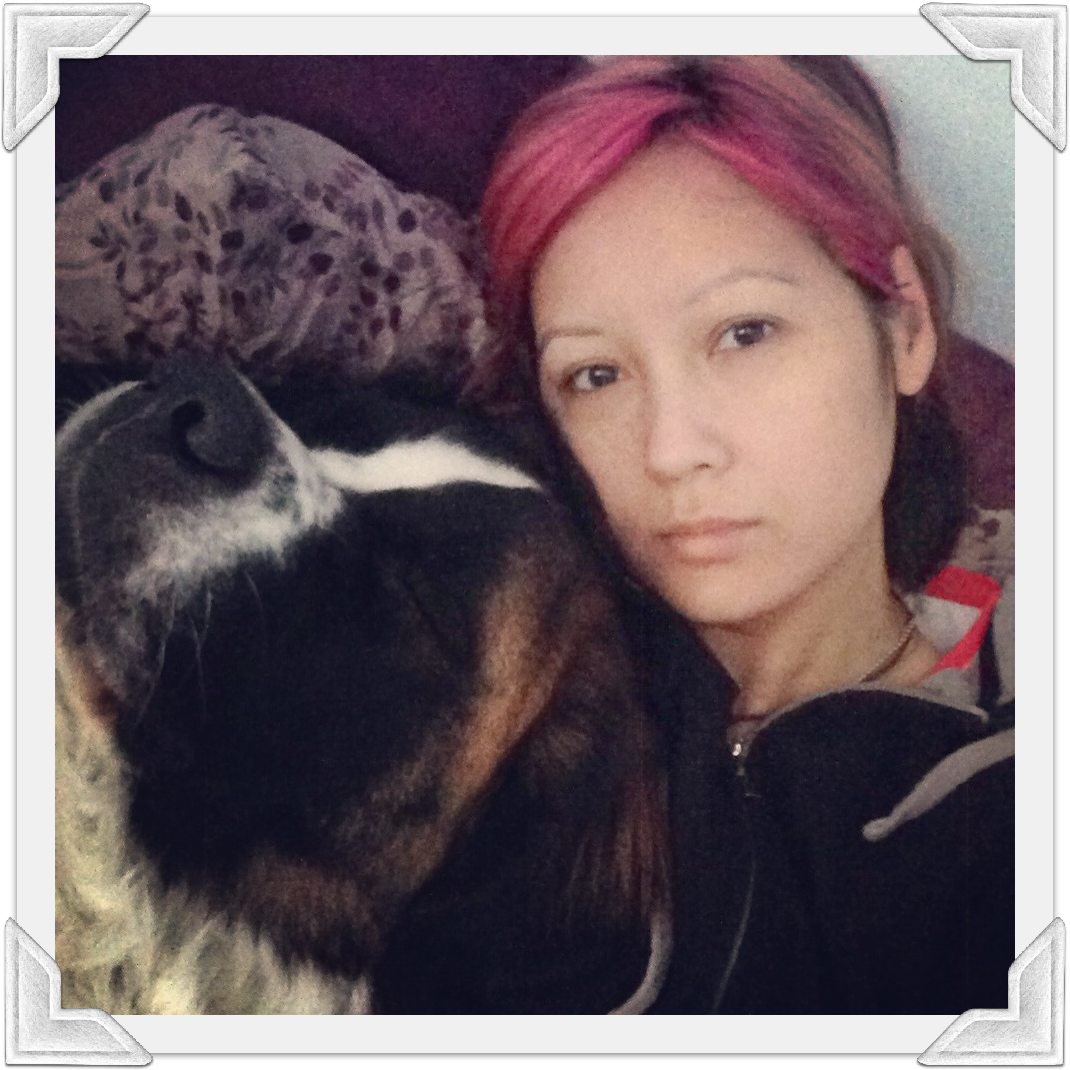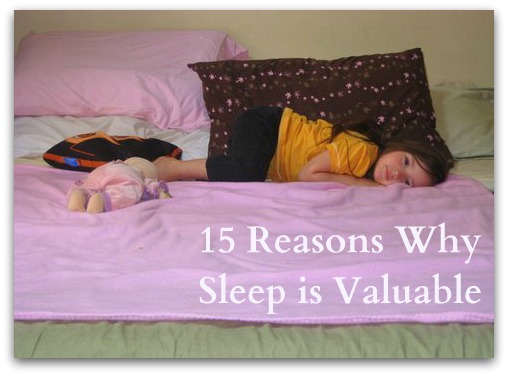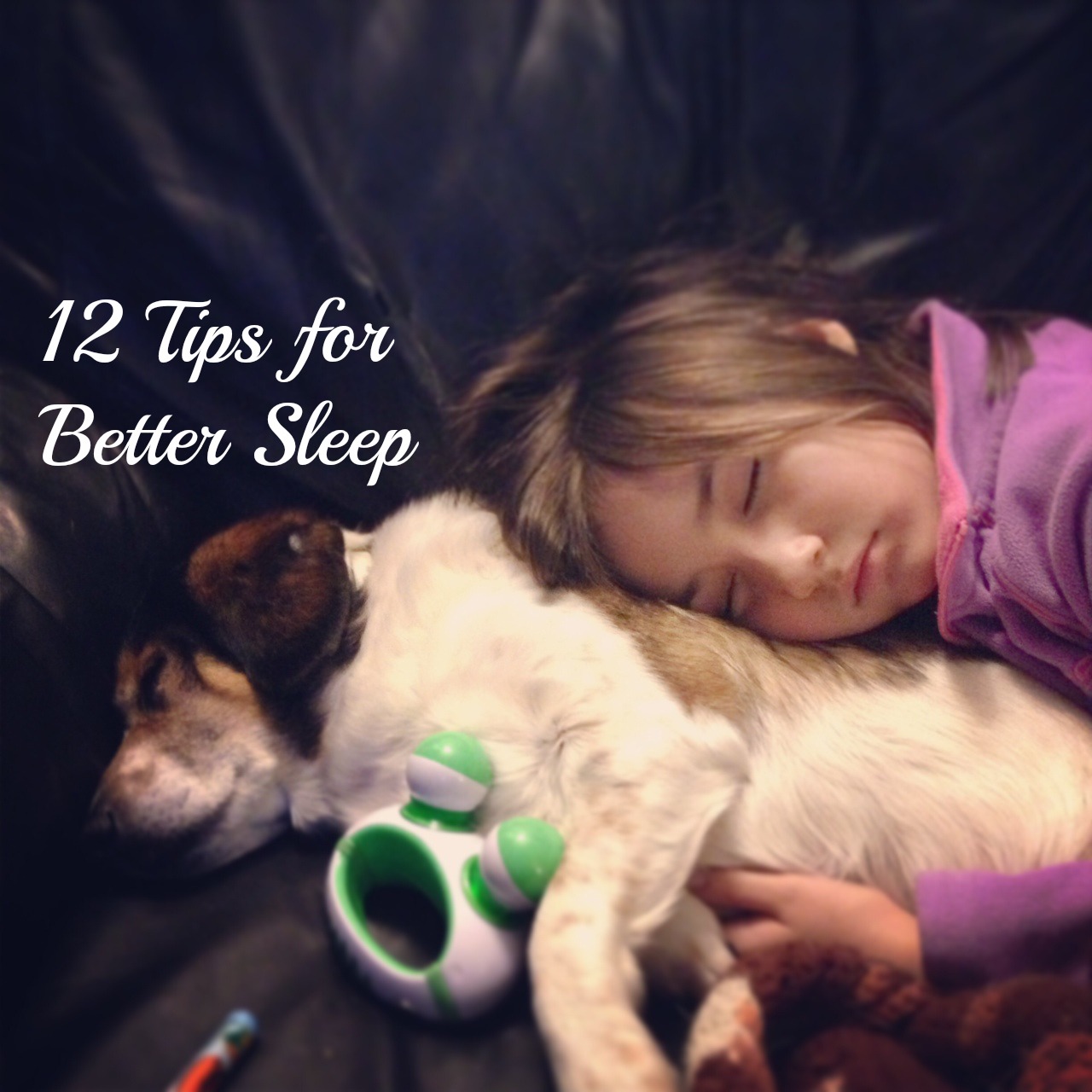You’re always in a rush,
or else you’re too exhausted to have a proper conversation.Soon enough,
the long hours, the traveling, the broken sleep
have all crept into your being
and become part of you, so everyone can see it,
in your posture, your gaze, the way you move and talk.― Kazuo Ishiguro, Never Let Me Go
Ouch. Way to get personal, Kazuo.
Feel like that passage might be describing you? As I get older, I definitely feel the need for more sleep, and the effects of not getting enough.
I become forgetful. It’s difficult to concentrate. I’m generally run down.
I’m tired. And the more tired I get, the more squirrelly I feel.
I wrote the bulk of this post a long time ago, but for World Sleep Day— that’s today, folks, don’t forget to celebrate— I thought I’d drag it back out and give it a bit of dusting off.
It’s funny how we take our fitness needs and our nutritional needs so seriously, dedicating time and money for the right training, the right clothing, the right foods and vitamins. But sleep? Who scans the internet or hires personal trainers for advice on sleeping well? Who buys books full of great ideas for ways to get a delicious night’s sleep?
Nobody, that’s who. Sleep is the 3rd component in the Healthy Lifestyle Trifecta and it’s the easiest to do, but we don’t prioritize it the way we should.
A poll conducted by the National Sleep Foundation found that:
- 43% of Americans aged 13-64 said they rarely or never get a good night’s sleep on weeknights.
- 60% experience a sleep problem — snoring, waking in the night, waking too early — every night or almost every night.
We know, intuitively, that sleep is good for us; we can feel the difference between being well-rested and being sleep deprived. But do a little digging and it’s kinda scary just how important it really is.
15 Reasons Why You Need Sleep
1. Sleep deprivation increases risk of car accidents, with severity and fatality rates comparative to driving under the influence.
2. It also increases your risk of heart attack.
3. Poor sleep can be linked to obesity, chronic diseases, hypertension, diabetes, depression and teen risk behaviors.
4. Sleep improves the functions of your immune system, produces necessary hormones, repairs damaged tissue and may help fight cancers.
5. Sleep improves connection-making by clearing away mental clutter, and bolsters memory (both mental and muscle memory) through a process called consolidation.
6. Sleep deprivation makes us mentally groggy and fuzzy, but our agitating nerves become hyper-reactive, causing stress and jumpiness.
7. Lack of sleep impairs decision making by undermining emotional and cognitive processes.
8. Tired people are more likely to obsess over the past with “displaced aggression”: thinking about how things could have been better if THAT GUY had done something differently rather than examine their own behavior.
9. Better sleep can mean better pain management and better recovery times.
10. Extra sleep can be correlated to peak performance and a competitive edge in athletes (and shouldn’t we all be striving for peak performance and a competitive edge all the time?)
11. The lack of focus brought on by lack of sleep can lead to clutter and disorganization (mental and physical).
12. The sleep deprived tend to be less motivated to cook and are more drawn to high fat foods.
13. In one study, a group who slept 80 minutes less than the control group was found to consume an additional 549 calories daily on average.
14. Sleep deprived people are perceived as less healthy and less attractive.
15. Beauty sleep is no misnomer, as you can see sleep deprivation in your skin due to stress-related aging and chronic dehydration.
Cass and Karma have no problems sleeping.
That’s all well and good and easy for me to say, right? The real question is, How do we achieve better sleep?
I think you know the basics, but here’s some advice for a better night’s sleep. Maybe there’s something new for you.
To sleep, perchance to dream:
12 Tips for Better Sleep
- Reserve your bedroom for rest and sex only. You can work somewhere else.
- Unplug from screens an hour or more before bedtime. If you wake up during the night, resist the temptation to check your phone. (If you’re having trouble breaking the sleep late/go to bed late cycle, try checking your phone as soon as you get up. It will help jolt you awake.)
- Keep noise and electronic glow/hum to a minimum. Ideally, kick all tech to a different room.
- Keep it cool for unbroken sleep cycles (optimum temperature for sleep is 65-72° for most people).
- Exercise. Recent research indicates exercising at any time, even near bedtime, helps most people; however I often hear people say that nighttime exercise is a stimulant for them personally. Experiment to see what timing is best for you.
- Can’t shut off your monkey brain? Grab a pad and pen and write out your to-do list. Once it’s out of your head, you can rest a little easier.
- Get some sunshine during the day to improve circadian rhythms.
- Take a warm shower or bath before bed; the warm/cool cycle helps prepare your body for slumber.
- Sleep training works for adults too: develop a bedtime and routine and stick to it.
- No nightcaps- they might help you drop off faster, but alcohol can negatively affect your overall sleep.
- Try melatonin for improved quality of sleep.
- Apparently, sleeping on your left side can increase your chances of nightmares, possibly because you’re putting more pressure on your organs that way. Leftie sleepers, roll to the right for mellower dreams and better rest.
How’s your sleep? Any tips to offer?








